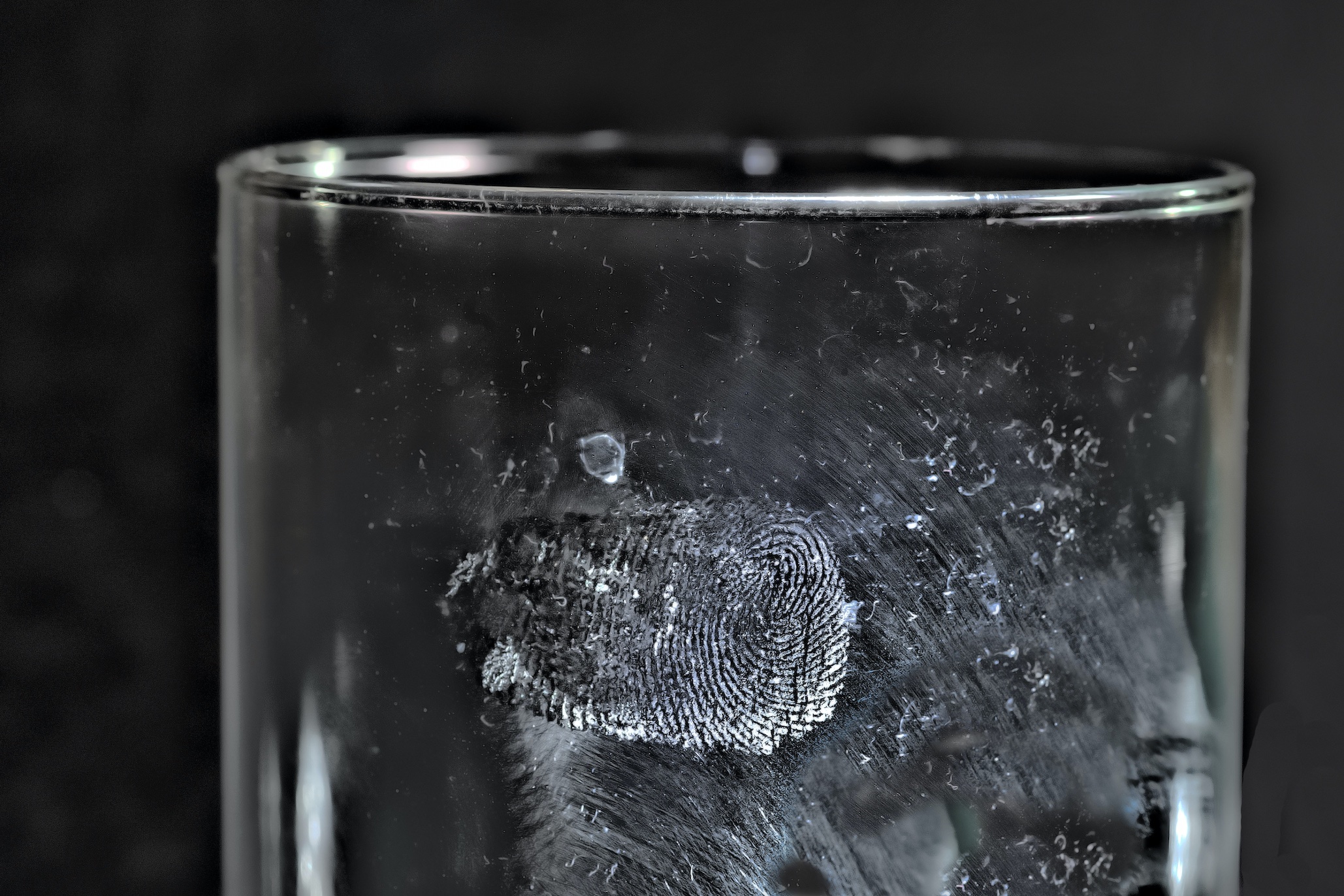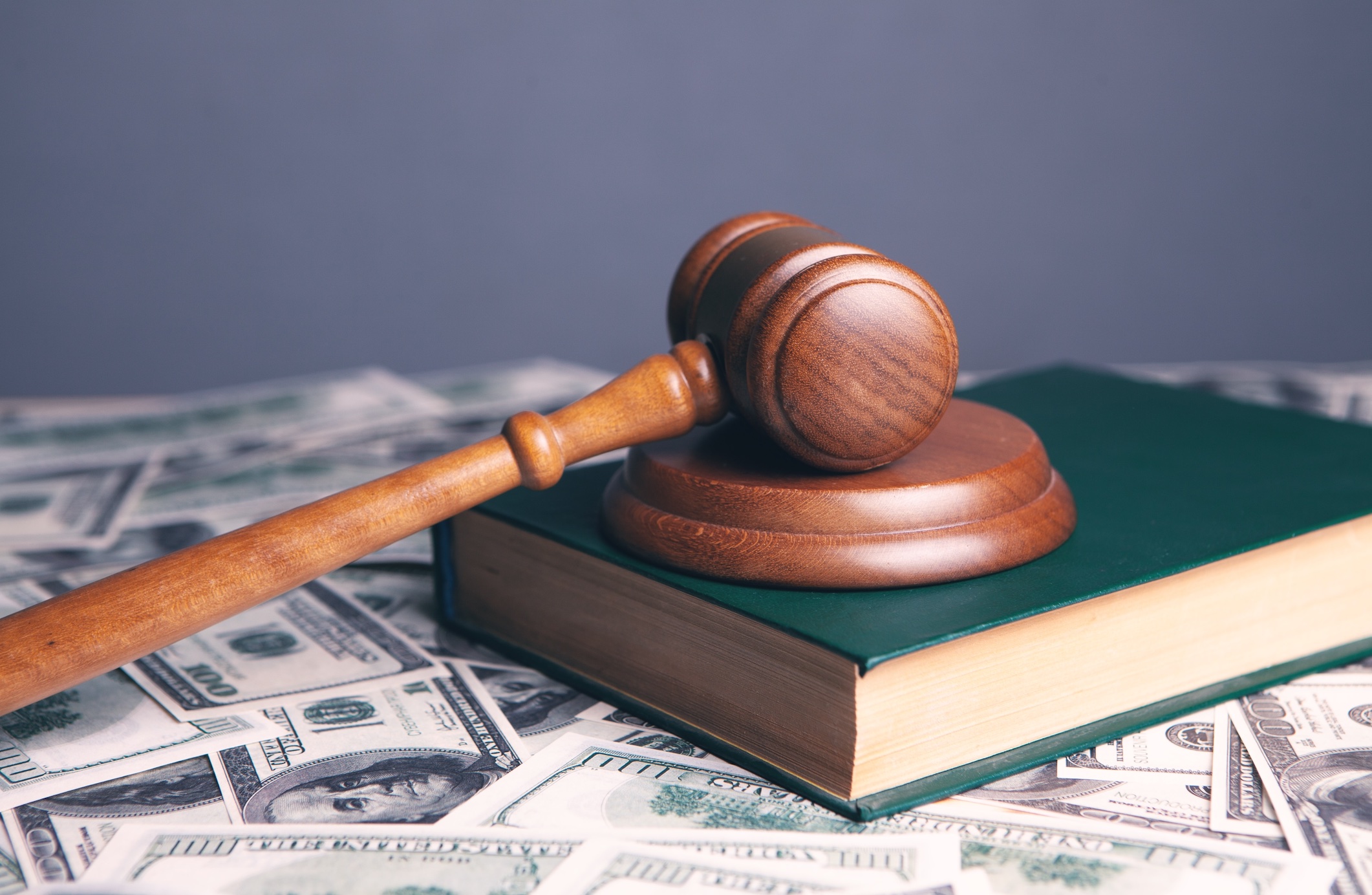As Frederich Nietzsche once said: “Whoever fights monsters should see to it that in the process he does not become a monster.”
Prosecutors must take care not to break the law in Jackson, Mississippi. Even though these individuals are responsible for holding criminals accountable for their actions, they cannot become criminals themselves in the process. As Frederich Nietzsche once said: “Whoever fights monsters should see to it that in the process he does not become a monster.” If you’re facing criminal charges in Mississippi, it’s important to keep a watchful eye on the conduct of prosecutors. If they engage in prosecutorial misconduct, you can make sure that they experience consequences. This may also lead to greater success with your criminal case.
If you are facing criminal charges, you should get in touch with a qualified, experienced criminal defense attorney in Mississippi as soon as possible. These legal professionals will fight for your rights in an effective, confident manner. The sooner you team up with an attorney, the better your chances will become of a positive outcome.
Prosecutorial Misconduct is Relatively Common
Prosecutors are just as human as the rest of us, and they have a tendency to engage in misconduct. This is probably because generally speaking, a prosecutor is much less likely to experience consequences for these actions compared to a criminal defense attorney. A 2003 report suggests that decisions in over 2,000 cases since 1970 have been reversed, reduced, or dismissed due to prosecutorial misconduct. Only 44 of these prosecutors were disciplined.
Types of Prosecutorial Misconduct

Here are some examples of prosecutorial misconduct:
- Burden Shifting: The burden of proof is always on the prosecutor, as you are “innocent until proven guilty.” Burden shifting is when the prosecutor attempts to make you responsible for proving your own innocence.
- Failure to Disclose Evidence: Prosecutors can get in a lot of trouble for failing to disclose certain evidence, especially in the context of exculpatory evidence. This is evidence that is favorable to the defendant in some way.
- Falsified Evidence: Falsified evidence is obviously not allowed. An example might be a gun or a bag of drugs “planted” on a defendant. In addition, evidence that is obtained illegally is not admissible in court.
- Tainting the Jury: A jury is said to be “tainted” when it becomes biased in some way. A prosecutor might taint the jury by exposing them to inaccurate, exaggerated, or unsupported statements.
Enlist the Help of a Qualified Attorney Today
If you’ve been searching Jackson for a qualified, experienced criminal defense attorney, look no further than Ballard Law, PLLC. Thanks to a wealth of experience with criminal cases, we have what it takes to help you defend yourself in the most efficient way possible. We are also familiar with various forms of prosecutorial misconduct, and we can hold these prosecutors accountable if they break the law. Reach out today, and we can formulate an effective defense strategy together.


Join the conversation!